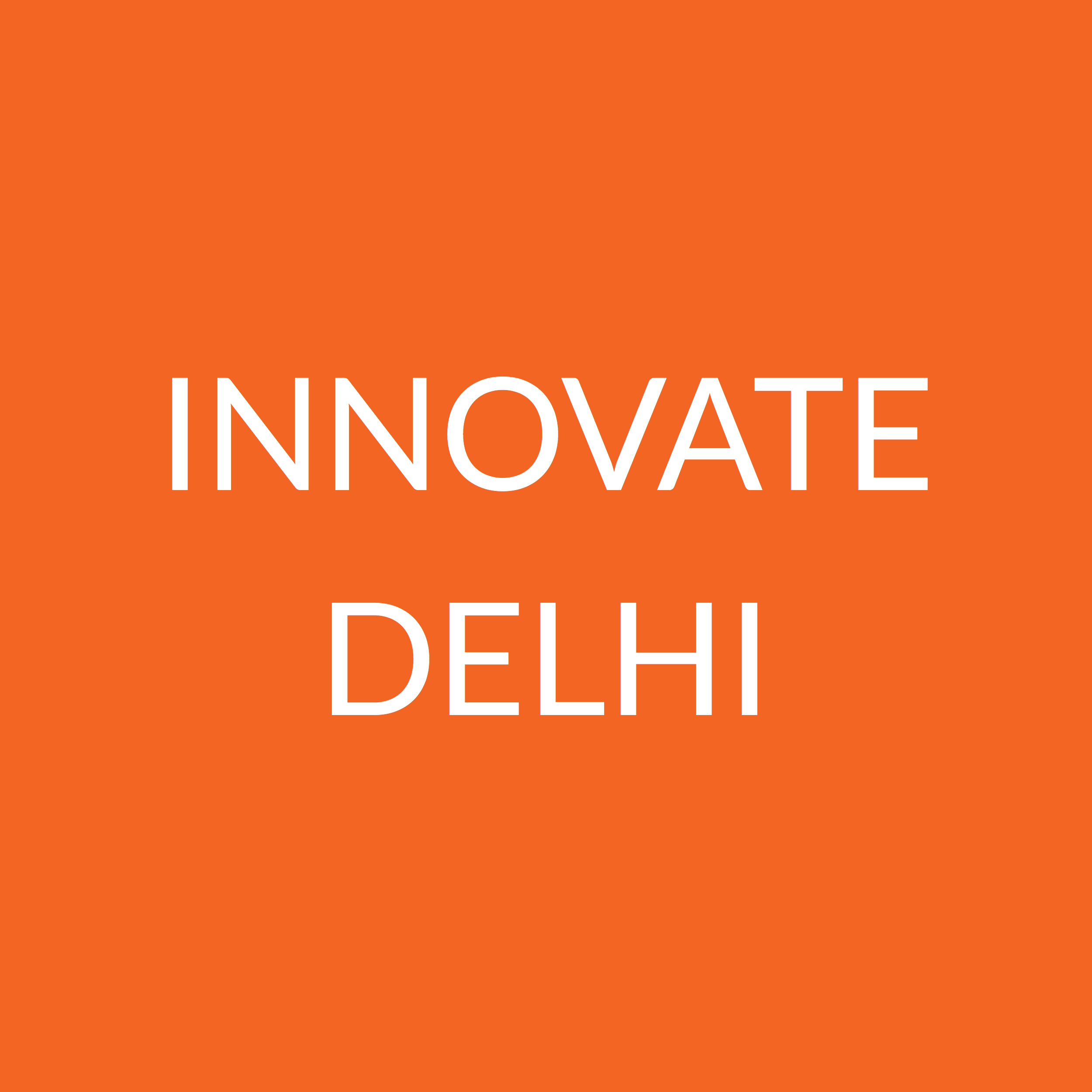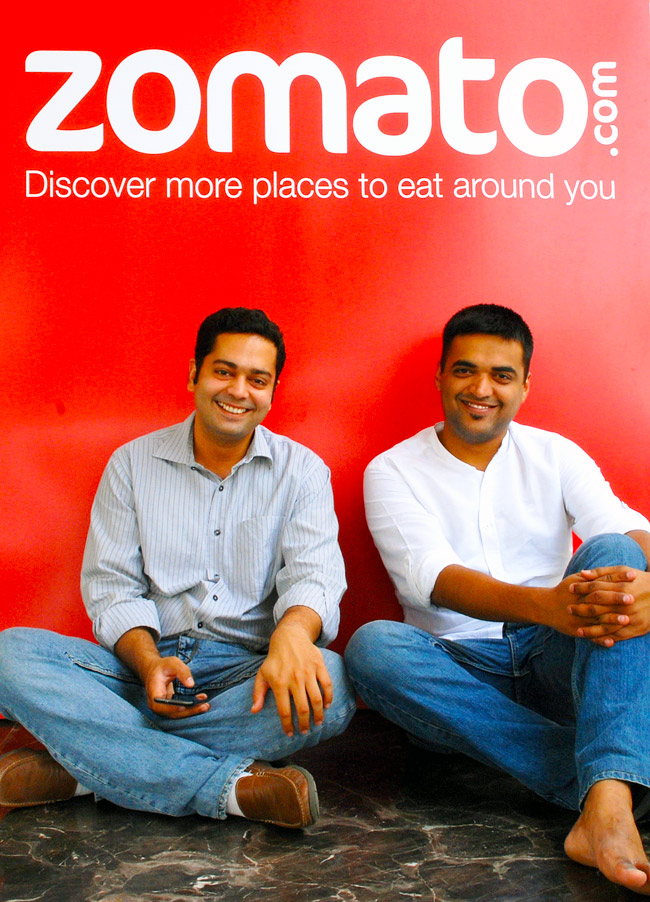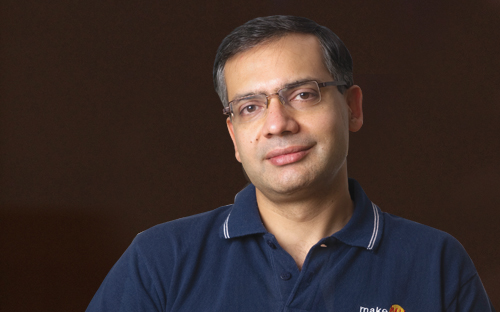I had the pleasure of speaking to a batch of about 130 students, startup aspirants, product developers last week at the Innovate Delhi event. I was teamed up with Rajat Garg, of SocialappsHQ, and a heavy-weight with facts, numbers, trends, valley companies and slides. We were to cover “opportunity hypothesis’ broadly – how does a startup get an idea; validate the idea; build a demo/prototype and how the idea evolves into a business. Rajat and I spoke the night before (having him as a co-conspirator for the TIE Indian Internet Day event helped) and we decided to put on a joint session rather than one followed by another. Rajat would put up some slides, covering the theoretical framework and I would lead a workshop type session engaging the audience around their observations.
As I reached the venue a bit early (surprising since I had a long drive from Gurgaon to Okhla) I had some more time to gather my thoughts and think about what/how I would try to communicate. On a hunch, I decided to move around the hall (library converted to a training hall, with cameras, voice recorders and lots of other gizmos that only professors at Stanford can afford to have 🙂 and observe the batch to find some ideas that I could build on.
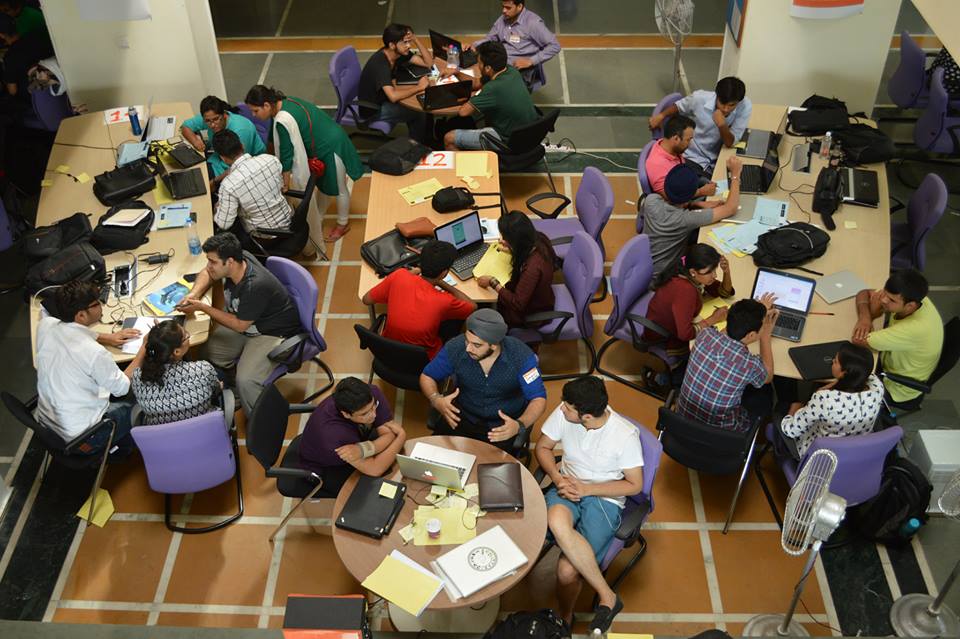
As I went around the hall, some patterns started to form. Most of the folks were in blue jeans – the de-facto dress for the generation. About 20% of them had Apple laptops and the rest windows (similar to trends in India) but nearly all of them had squeaky clean covers – no personalization, no stickers proclaiming their love for free world! Nearly all of them had their laptop chargers plugged in (though it was an hour prep session and most laptops were fully charged). Though it was a hot day and so many bodies made it a wee bit sticky, all of the attendees were glued to their desk/seats even though the assignment was to think and come up with ideas on “marriage apps”. And the most critical observation of all, nearly all of them were glued into their course workbook; and the FB page setup for the event.
And then it struck me – this was a typical group of young Indian professionals, who love to “conform”. They all had been good students, mostly good kids, folks who would describe themselves as “being different” but would completely fit into a “stereotypical” definition of an IT/tech product persona. They were all living in their comfort zones – not ready to push their own limits, not expressing their yet-to-be-formed personalities, safe in the middle-of-the-road lives they were living. As I looked further to validate these assumptions new patterns emerged. Only 2 out of 130 had brought along tablets as their primary device. Nearly all of them had smartphones but very few were working on the FB page/course app on their phones? Few were taking pictures of the class and tweeting.
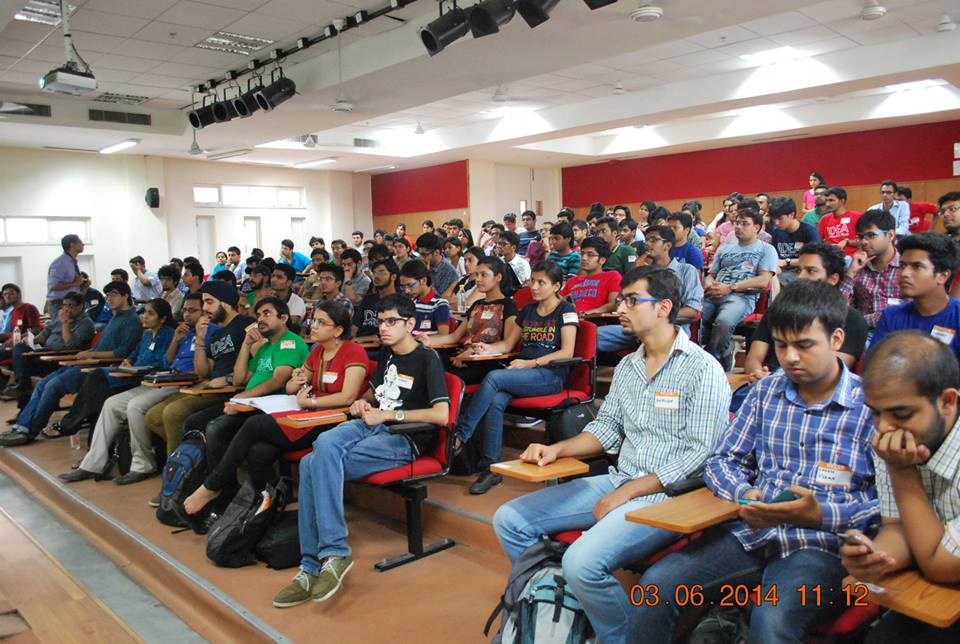 I had found my core argument for the day – I was going to challenge the group to think of their own personalities, experiences, behaviours. I was going to inspire them to reflect on who they are, and who they want to be and how they would differentiate themselves first before thinking of great, differentiated, innovative products that they would design, develop and bring into the world. I would show them how living (and using) on the edge of technology is almost a pre-requisite to pushing the boundary further; how great ideas evolve from personal needs and small advances which turn into big stories cause as the follower crowd discovers the same challenges when their use graduates and are happy to use the solutions the leaders have created.
I had found my core argument for the day – I was going to challenge the group to think of their own personalities, experiences, behaviours. I was going to inspire them to reflect on who they are, and who they want to be and how they would differentiate themselves first before thinking of great, differentiated, innovative products that they would design, develop and bring into the world. I would show them how living (and using) on the edge of technology is almost a pre-requisite to pushing the boundary further; how great ideas evolve from personal needs and small advances which turn into big stories cause as the follower crowd discovers the same challenges when their use graduates and are happy to use the solutions the leaders have created.
And therefore, as Rajat opened his talk with the big concepts around finding an idea; finding a space that has some tailwinds, taking risks etc and set the stage for some curiosity, I found the means to engage with the audience with these questions:
- If the fashion trends for the day are colored trousers (yellow, green, orange), why are 90% of you in blue jeans?
- Why don’t I see any art, stickers, graffiti, pictures of any laptops?
- Why don’t I see folks using tablets when we all know that tablet volumes have crossed laptops this year
- Why did folks prefer to sit at their desks than take their laptops out into the terrace with a lovely garden view for the ideating exercise
But most importantly, could they think of pushing the boundary of any tech usage when they were not living on the edge themselves, when their own habits were on the trailing edge?
Needless to say, the rest of the talk was fun, interactive and stimulating. Rajat had some great slides – internet & mobility trends, numbers and wisdom from the trenches. I was able to co-relate those slides into how folks should use that information into their own “opportunity hypothesis”.
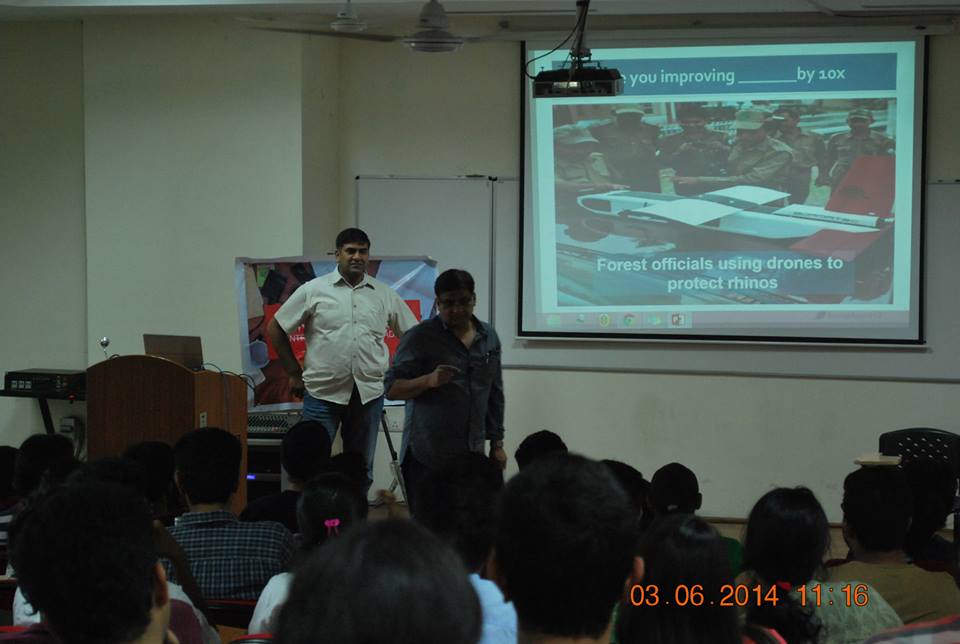 As I look back at the end of the week, I find myself thinking again about the ‘conformity” of our post-independence indian culture; the regimentation of our education system and our social expectations that we need to break first before disruptive, revolutionary innovators and entrepreneurs will emerge. Hope this brief note makes you think a bit about yourself!
As I look back at the end of the week, I find myself thinking again about the ‘conformity” of our post-independence indian culture; the regimentation of our education system and our social expectations that we need to break first before disruptive, revolutionary innovators and entrepreneurs will emerge. Hope this brief note makes you think a bit about yourself!


